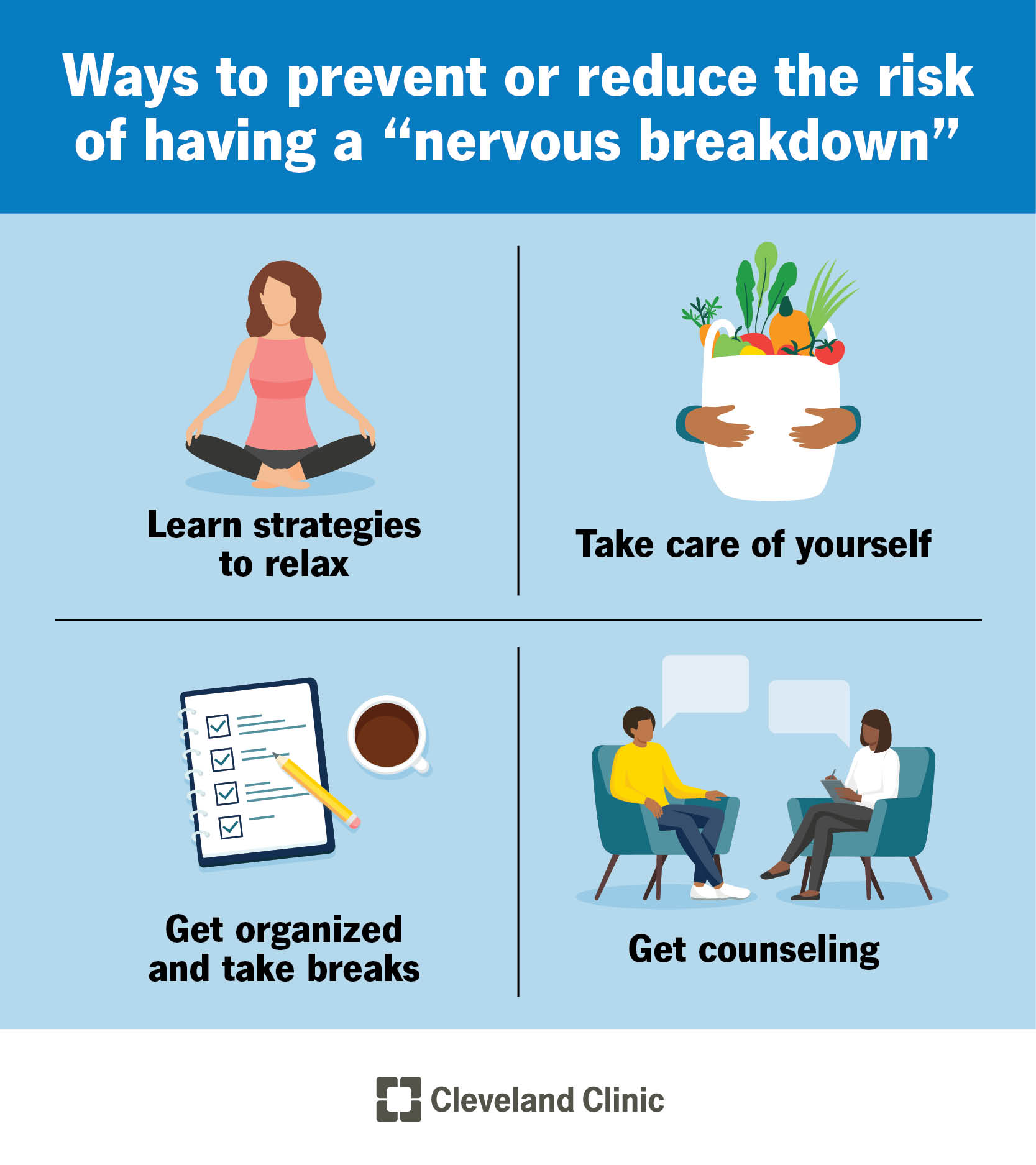Why is Mental Health important

It a state of well-being that enables people to cope with the stresses of life. Also realize their abilities, learn well and work well, as well as contribute to their community. Moreover it is an integral component of health and well-being that underpins our individual and collective abilities to make decisions, build relationships and shape the world we live in. Mental Health is a basic human right. And it is crucial to personal, community and socio-economic development.
Why is it important for students?
The World Heath Organization (WHO) reports a sharp rise in the number of people experiencing mental illness in recent years, with the COVID-19 pandemic exacerbating mental issues problems throughout the world. For students, it is more important than ever to address your issues regarding mental state to stay mentally healthy and keep up with your educational and personal goals.
Even before the pandemic, this was a prominent concern for students. In 2019, the National College Health Assessment (NCHA) noted that many students reported feeling exhausted, lonely and overwhelmed, among other symptoms and difficulties of the surveyed students, 20.2% reported experiencing depression and 27.8% reported experiencing anxiety that affected their studies in the preceding year.
Ways to cope with stress

- Adequate sleep
- Avoidance of alcohol and substance abuse
- Breaking down large tasks into smaller, more manageable tasks
- Cultivating healthy relationships
- Eating well
- Exercising
Why is it important to learn to cope with stress
Coping usually involves adjusting to or tolerating negative events or realities while you try to keep your positive self-image and emotional equilibrium. Coping occurs in the context of life changes that are perceived to be stressful. Psychological stress is usually associated with negative life changes, such as losing a job or loved one. However, all changes require some sort of adaptation. Even positive changes — such as getting married or having a child — can be stressful.
Changes are stressful because changes require us to adjust and to adapt. Experiencing too many changes within a brief time period often creates the idea that we aren’t in control of events. This perception contributes to low self-esteem and may even contribute to the development of anxiety or depression. In some cases, physical illnesses may develop or get worse when a person’s capacity to adapt to change is overwhelmed by too much change.
Coping involves adjusting to unusual demands, or stressors. This requires giving a greater effort and using greater energy than what’s needed in the daily routines of life. Prolonged mobilization of effort can contribute to elevated levels of stress-related hormones and to eventual physical breakdown and illness.
Stressors that require coping may be acute, like moving to a new home or experiencing the onset of marriage problems. Stressors also occur that are of longer duration, such as chronic pain, chronic illness or long-lasting financial problems.
Common coping strategies
Some common coping mechanisms may challenge you to:
- Lower your expectations.
- Ask others to help or assist you.
- Take responsibility for the situation.
- Engage in problem solving.
- Maintain emotionally supportive relationships.
- Maintain emotional composure or, alternatively, expressing distressing emotions.
- Challenge previously held beliefs that are no longer adaptive.
- Directly attempt to change the source of stress.
- Distance yourself from the source of stress.
- View the problem through a religious perspective.




